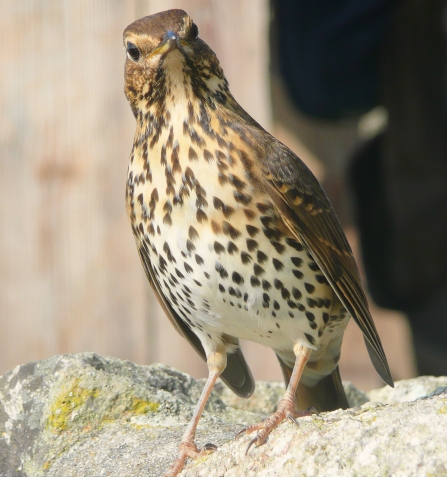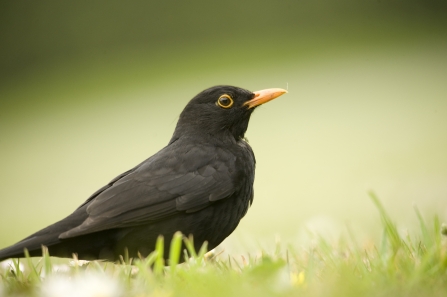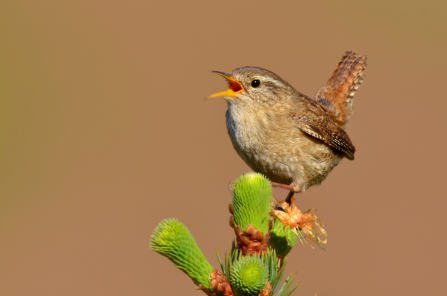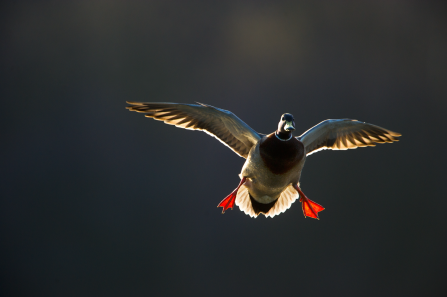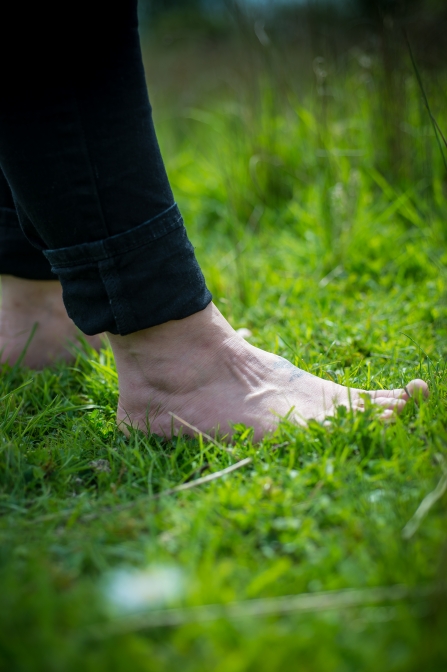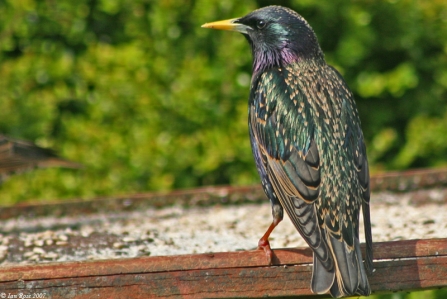It feels like life has come to a standstill and what was formerly a bustling world has gone quiet. For many of us it been an anxious and stressful time. However, it’s reassuring to see that nature continues as normal and is still there for us.
One of the positives I’ve personally drawn from the events of the past few weeks has been less traffic noise from the nearby road and motorway. This has provided a unique opportunity to fully embrace, take notice of, and appreciate natures spring soundtrack; the dawn chorus.


